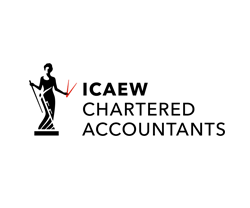The End of The Annual Tax Return

Today’s Budget had the news that the Annual Tax Return will be phased out over the next 5 years.
You can hear the champagne corks popping over the land.
January will never be the same again.
Here’s 9 things you ought to know before cracking open another bottle.
1. The Government is set on having monthly information on all taxpayers. The new Universal Tax Credit relies on up to date information. It’s likely that the annual tax return will need to be replaced with some form of monthly reporting.
2. Further details of how the new system will work will be released later in 2015. The cynical may note this is after the General Election.
3. The new system sounds like it will be brilliant for people who are employed and have to complete a tax return because they are higher rate tax payers or affected by the Higher Income Child Benefit Charge.
4. The self employed will continue to have to report to HMRC on a regular basis what their income and expenditure is. My guess is that this will be monthly.
5. Landlords will also need to tell HMRC what their income and expenditure is.
6. Most small companies pay shareholders by dividends. Currently the only way HMRC know what dividends a tax payer has received is from the tax return. The new system may require companies to report dividends paid on a monthly basis. This would be a time saving for the tax payer…and a whole raft of new procedures for small companies.
7. Over recent years the penalties for not doing things at the right time, or in the right way, have increased. There’s nothing in today’s announcement that makes me think that HMRC are softening their approach.
8. I’ve read that the new digital accounts will allow taxpayers to ‘pay whenever they like’ rather than face a big bill in January. I don’t believe for a second this will mean paying later than now. We’d advise clients to properly plan for their tax liabilities but to keep control of the money for as long as possible.
9. The plan is that businesses will be able hook up their accounting system to HMRC so that the information is fed directly to HMRC. There’s a few issues here. Many small businesses will need to massively improve their accounting systems. Many accounting systems aren’t correct – until the accountant gets involved. And, do you really want HMRC to have that level of access to your information?
You can subscribe to our blog and we’ll keep you up to date with latest news.





